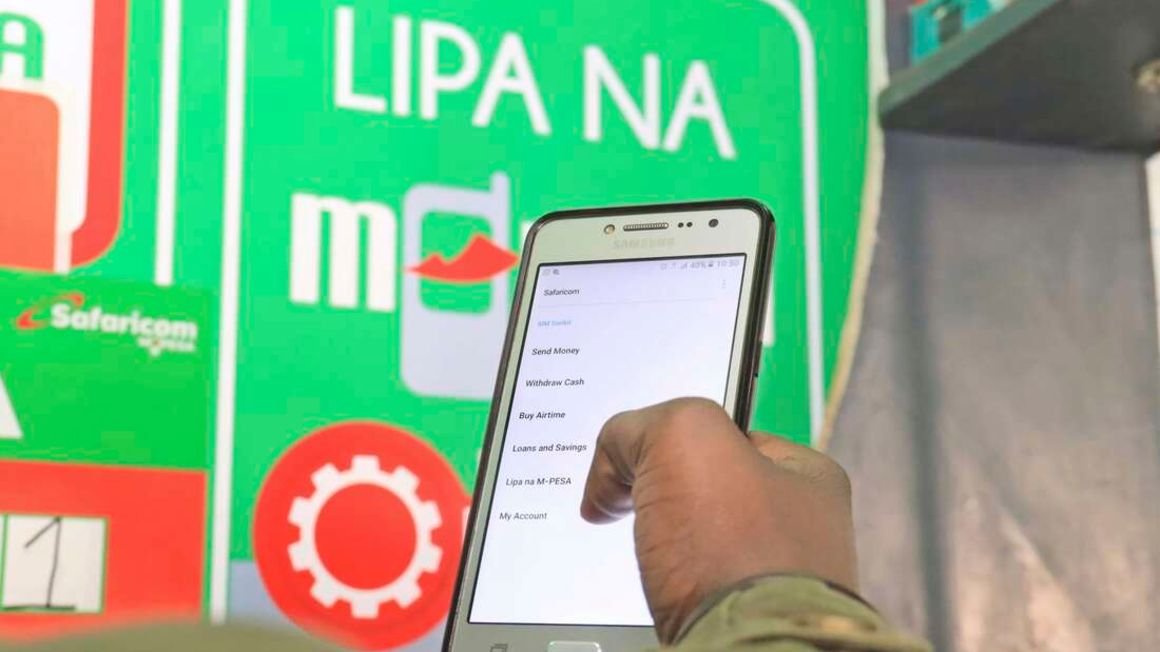There is going to be nowhere to run for defaulters of the popular Fuliza loans. This follows an update on terms of the loan that will see KCB and NCBA have the ability to hold funds saved in M-Shwari and KCB M-Pesa for users who fail to repay their Fuliza loans.
The two lenders will also be enabled to use these funds as collateral or for recovery purposes. The new terms and conditions will come into effect on November 14 2021.
“You hereby agree and confirm that NCBA and KCB are entitled in its discretion to prevent or restrict you from withdrawing in whole or in part the funds in your accounts for so long as and to the extent of the amount outstanding in respect of your loan without KCB or NCBA giving any notice to you and/or without incurring any liability to you whatsoever in that connection,” the new terms state.
Mungai Eve: How I make Sh. 1.5 million on YouTube monthly at age 21
Under the new terms, Safaricom has also introduced a 1.083 per cent interest rate on Fuliza, whereas previously, the service charged a facility fee of the same amount. As a financial service, Fuliza is offered by KCB and NCBA as licensed by the Central Bank of Kenya (CBK).
Kenyans are currently borrowing up to Sh. 1.2 billion everyday on Fuliza. In the six months to June 2021, the amount borrowed on Fuliza hit Sh. 220.38 billion. In the six months to June 2020, Kenyans borrowed up to Sh. 1 billion on Safaricom’s Fuliza overdraft. Through Fuliza, NCBA Bank gave out loans worth Sh. 132 billion while KCB gave out loans worth Sh. 44 billion. The revenue share split between Safaricom, NCBA and KCB Group set at 40 per cent, 40 per cent and 20 per cent respectively. Safaricom Fuliza loans product was launched in January 2019. Within the first six months after launching, Kenyans borrowed Sh. 81 billion.
Like its other mobile lending products like M-Shwari and KCB M-Pesa, Fuliza is run using algorithms from M-Pesa’s transactional data to determine loan limits for users. Analysts have in the past said Fuliza could in the medium to long-term present competition to traditional payment methods like credit and debit cards.









